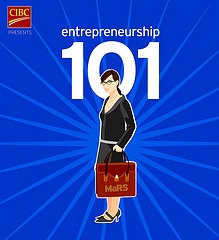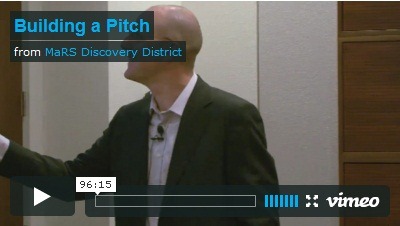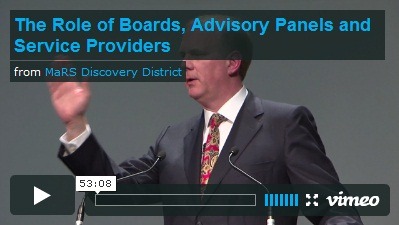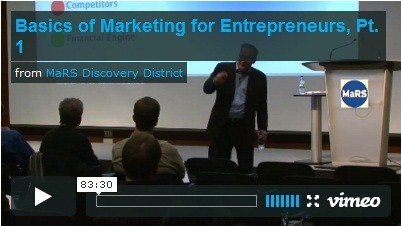Not everyone can be a founder. We talk about the founders of startups and companies. We focus on the founders. The founders get press coverage. They get invited to speak at events. Sometimes they get rich. But for every founder, there is an early employee that takes near equal risks in joining an early-stage company.
Steve Blank divides the individuals associated with startups as:
- Founders
- Early Employees (Employees # 1-25)
- Later Employees (Employees # 26-125)
The majority of his division is about the temperament of the individual as related to risk and dealing with chaos and uncertainty. Not every one can be a founder, i.e., can you imagine trying to start a company with 10,000 people? It’s just unfeasible.
“Being an early hire at a startup gives an individual the ability to make tremendous impact on an organization as it grows – and both the founders and those hires should know it.” David Beisel
We need to celebrate the employees at startups. We need to make sure that early employees are compensated, incented and rewarded for their decisions to join startups. Early employees have a huge impact on the growth and culture of a company.
How do you compensate early employees? Paul Graham provides a model for calculating value. As Naval points out that you still need to pay employees market rates, but with all employees you need to ask yourself “whether she [a new hire] is likely to increase the next round’s share price”. This should force companies to think about building value with each early hire, and not just filling a position.
| Title |
Range (%) |
| CEO |
5 – 10 |
| COO |
2 – 5 |
| VP |
1 – 2 |
| Independent Board Member |
1 |
| Director |
0.4 – 1.25 |
| Lead Engineer |
0.5 – 1 |
| 5+ years experience Engineer |
0.33 – 0.66 |
| Manager or Junior Engineer |
0.2 – 0.33 |
Table 1: Options Grants in Silicon Valley for Series A from VentureHacks
The numbers from VentureHacks are guidelines. They are rough estimates.Any one have sample option grants in Canada? Are the percentages different? I would assume that they are very similar but given the lower valuations and this may change the salary/options mix.
Remember the goal is to incent early employees to have an emotional ownership of the product and company they are building. Equally said, potential employees need to understand what they are getting into. Darmesh Shah has a great list of insights for employees joining early stage companies. Early employees are critical for startups, and we need to recognize that not everyone can be a founder.
I would love to hear your thoughts on being a founder or an early employee.
Additional Resources
 MaRS is continuing it’s Entrepreneurship 101 program for the 2009-2010. Entrepreneurship 101 is an introductory program aimed at providing the “nuts and bolts of building a business”. The program is a 16 week program aimed at providing the basics around starting a company. Topics include:
MaRS is continuing it’s Entrepreneurship 101 program for the 2009-2010. Entrepreneurship 101 is an introductory program aimed at providing the “nuts and bolts of building a business”. The program is a 16 week program aimed at providing the basics around starting a company. Topics include: 



